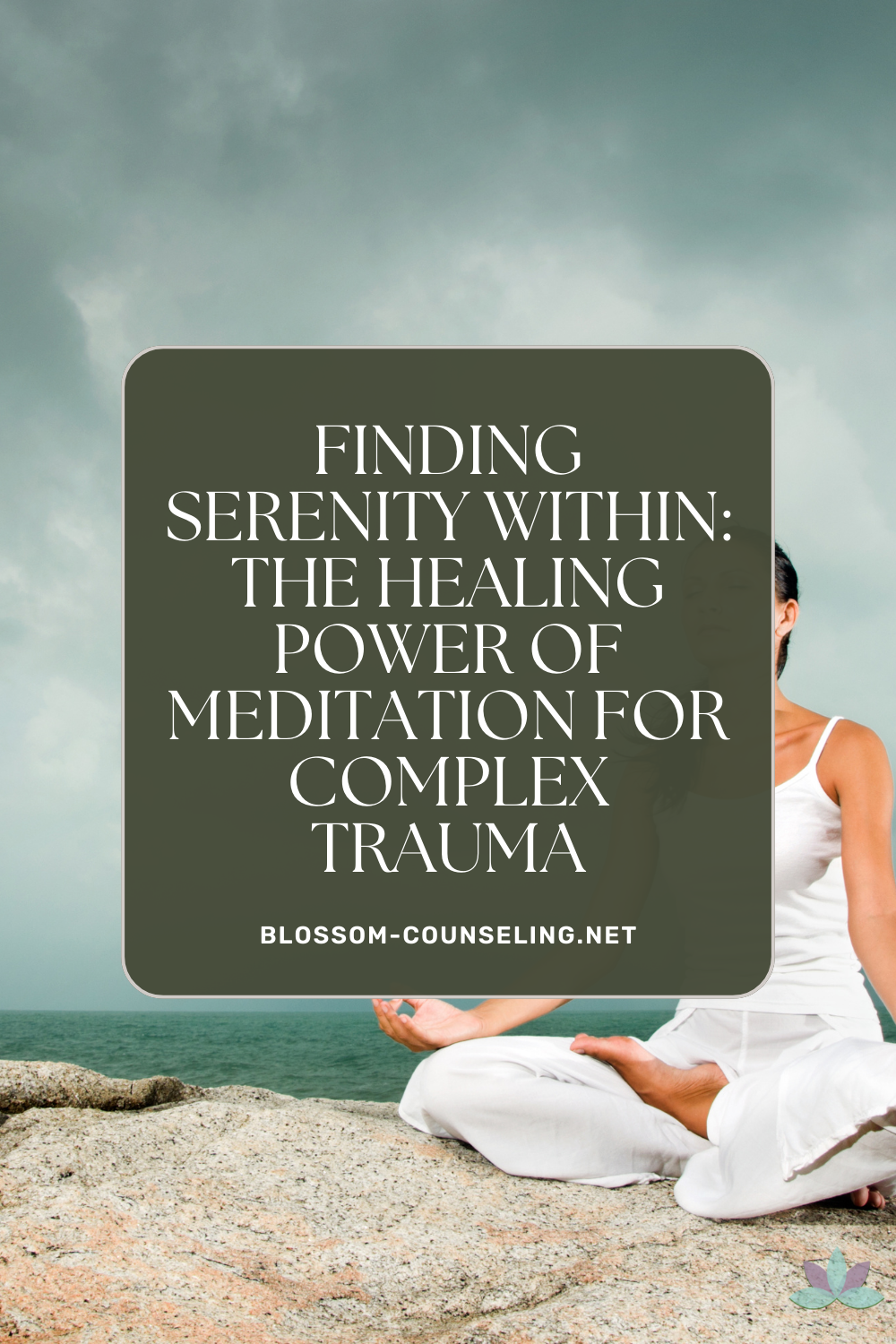
Complex trauma can leave deep emotional scars, but through the practice of meditation, we can cultivate inner peace, resilience, and a sense of empowerment. So, grab a cushion, find a peaceful spot, and let’s dive into the transformative world of meditation and complex trauma.
Understanding Complex Trauma
Complex trauma refers to prolonged and repeated exposure to traumatic experiences, often occurring during childhood. It can impact various aspects of our lives, including our emotional well-being, relationships, and self-perception. Recognizing and acknowledging the effects of complex trauma is an essential step toward healing.
Gentle Exploration and Mindful Awareness
Meditation invites us to embark on a journey of gentle exploration and mindful awareness. By turning our attention inward, we become aware of our thoughts, emotions, and bodily sensations without judgment. This practice allows us to develop a compassionate and non-reactive relationship with our experiences, creating a safe space to explore the depths of our complex trauma.
Cultivating a Calm Refuge
One of the beauties of meditation is its ability to create a calm refuge within ourselves. In the midst of chaos and emotional turbulence, meditation provides a sanctuary where we can find solace, stability, and inner peace. By consistently practicing meditation, we learn to tap into this inner refuge, even in the face of complex trauma’s challenges.
Self-Compassion and Healing
Complex trauma often leaves us with deep wounds of self-blame, shame, and guilt. Meditation helps foster self-compassion and self-forgiveness by cultivating a kind and loving relationship with ourselves. Through meditation, we learn to embrace our vulnerabilities, accept our past experiences, and nurture our wounded inner child with tenderness and care.
Emotional Regulation and Resilience
Meditation equips us with powerful tools for emotional regulation and resilience. By cultivating present-moment awareness, we can identify and navigate overwhelming emotions with greater ease. Meditation techniques such as breath awareness, body scans, or loving-kindness practices can help regulate the nervous system, reducing anxiety and enhancing emotional well-being.
Creating a Somatic Connection
Complex trauma can disconnect us from our bodies, leading to feelings of dissociation or physical discomfort. Meditation offers an opportunity to reestablish a somatic connection. Through practices like body scans and mindful movement, we learn to listen to the wisdom of our bodies, honoring its sensations, and fostering a sense of groundedness and embodiment.
Seeking Guided Support
For those navigating complex trauma, seeking guided support in meditation can be immensely beneficial. Engaging in trauma-informed meditation practices or attending meditation groups specifically designed for trauma survivors provides a safe and supportive environment. Expert guidance ensures that the meditation practice is tailored to your unique needs, promoting healing and growth.
Healing from complex trauma is a deeply personal and non-linear journey. Meditation serves as a powerful ally in this process, but it is essential to complement it with professional therapy and a strong support network. Embrace the practice of meditation with patience, self-compassion, and an open mind, and allow it to guide you toward greater self-awareness, healing, and inner peace. You deserve the serenity and healing that meditation can bring.
|
|




